Mid-term evaluation of the project to contrast irregular migration in Ethiopia
Title #Myroots – Intervention of socio-economic and socio-sanitary support to the potential migrants’ in South Wollo Zone
Location South Wollo, Ethiopia
Duration April – June 2019
Client CIFA onlus
Local partners IFSO
Partners CCM, WISE, Università di Torino, SCT e TVET
Funding Italian Agency for Development Cooperation – AICS
Context
The project #MyRoots aims to improve the socio-economic and socio-sanitary conditions of potential migrants as well as raise awareness on the risks of irregular migration.
The main illegal migration route from Ethiopia is directed towards the Middle East. In 2012, over 300,000 Ethiopians were trafficked or illegally introduced to Middle Eastern countries. The area of South Wollo, in the Amhara Region, is among the most affected by the phenomenon: in 2013/2014 repatriations from Saudi Arabia amounted to around 15,000, with a high percentage of women, aged between 28 and 30, and a significant number of minors.
The project operates in a context where the main reasons for migration are identified in: poor job opportunities, insufficient information about the risks of irregular migration and difficult socio-health situation. Infact, in the area only one health centre out of 17 provides “Youth Friendly” services with family planning, abortion care and sex education.
Among those who undertake the journey, many return after an unsuccessful migration experience. They face difficulties in social and work-related reintegration.
Main Objective
ARCO Researchers conducted the mid-term evaluation to prove the evidence of the results achieved in the first 24 months of the project.
Our contribution
During the mid-term evaluation, ARCO Researchers went on a 12-day field mission during which they visited the areas of Addis Ababa, Woreda, Ambassel, Telehudere, Worebabo. Among the activities, the researchers interviewed the coordinators, trainers and main stakeholders, and a sample of beneficiaries. They also visited the structures created and managed by the project.
To understand the changes produced by the project, Researchers combined participatory and qualitative methodologies with the desk analysis of project documents and triangulated the results with the quantitative analysis of data collected during project activities.
The evaluation was based on three methodological components:
- • Analysis of the achievement through indicators results
- • The use of mixed methods, qualitative and quantitative, for data collection and analysis.
- • Participatory approach to include beneficiaries and stakeholder’ perceptions into the evaluation activities.
Read more on our M&E and Impact Evaluation Unit
Related Projects
-

Monitoring Information System for project WATDEV on water management and sustainable development in East Africa
-

Research on knowledge, attitude, social norms and practice on reproductive health rights and gender-based violence in Narok county, in Kenya
-

Evaluation of the project that promotes food security and climate resilience in Mozambique
-
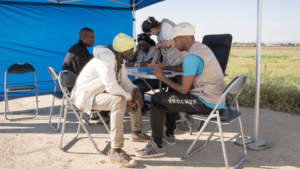
Evaluation of the project strengthening migrants’ right to health in Italy, Greece and Malta
-
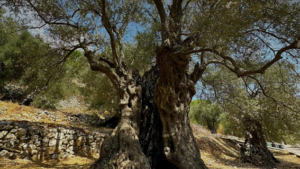
Final evaluation of the project that strengthens olive farmers’ resilience in Southern Lebanon
-
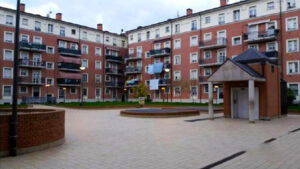
Social impact assessment of the Rapporti Corti project for socio-educational inclusion in the Navile district of Bologna
-

Evaluation of the Naseej project to stop gender-based violence in Iraq, Yemen, and Palestine
-
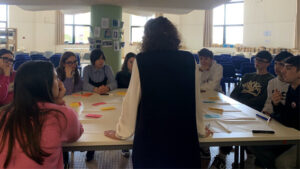
Evaluation of the project that promotes youth employment in Italy
-
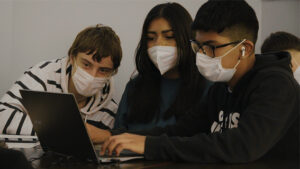
Final evaluation of the ‘5G Smart School’ project for innovative teaching in Italian schools
-

Evaluation of the project that fosters mainstreaming migration into international cooperation and development policies
-

Final evaluation of a project to contrast educational poverty in Albania
-
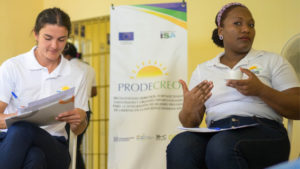
Evaluation of the project PRODECREO to promote the rights and socio-occupational reintegration of women deprived of their liberty in the Dominican Republic
-

Final evaluation of the SOS Children’s Villages family strengthening project in Bosnia and Croatia
-

Evaluation of the project for the motor rehabilitation of oncological children in Turin
-
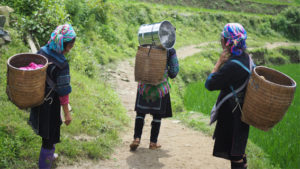
Evaluation of the project that aims to improve the health of the most vulnerable in Myanmar
-
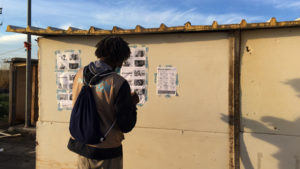
Final evaluation of the project that fosters proximity social-health services in the informal settlements of the Province of Foggia
-

Food Wave, Monitoring the project that promotes sustainable food consumption among young Europeans
-

Spazio Donna, evaluation of the projects to foster women empowerment and contrast gender-based violence
-

Evaluation of the projects “M’Interesso di Te” that tackle unaccompanied foreign minors’ integration
-
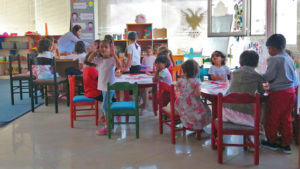
Evaluation of psycho-socio-sanitary interventions in response to the COVID-19 pandemic and the earthquake in Albania
-

Final evaluation of the Youth For Love project to raise young people’s awareness of gender-based violence
-
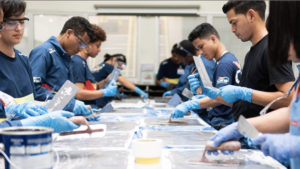
Multi-country mid-term evaluation of the YouthCan! programme, promoting the employability of vulnerable young people
-

Final evaluation of WEGO2 to support women economic empowerment contrasting intimate partner violence
-

Action Research for the project Do.N.N.E against gender-based violence in Central Italy
-

Evaluation of the project “Mentors for Resilience” to contrast educational poverty
-
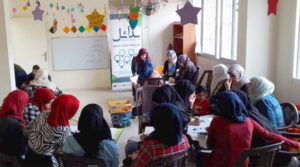
Outcome Harvesting of the project that aims to promote stability and social enterprise in Lebanon
-
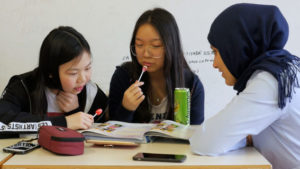
Annual evaluation and SROI of the programme “Nessuno Escluso” to contrast social exclusion and educational poverty in Tuscany
-
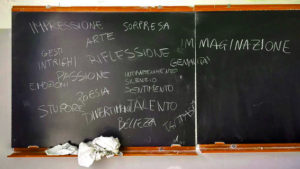
Evaluation of the project “Dreams and Needs” to contrast educational poverty in Italy
-

Mid-term evaluation of the project MilKy for the development of a sustainable dairy supply chain in Kenya
-

Final evaluation of Pe.R.Co.rrere: resilience of communities in Center Italy
-

Evaluation of the promotion campaign for Piave DOP cheese in Austria, Germany and Italy
-
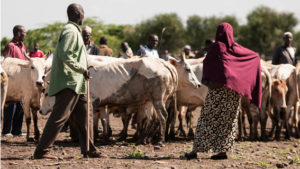
Mid-term & final evaluation of a project to strengthen resilience to climate shocks in Kenya
-
Evaluation of the promotion campaign for Italian specialities in Japan
-
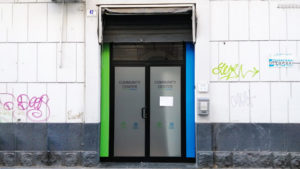
Community center, final evaluation of the social inclusion project
-
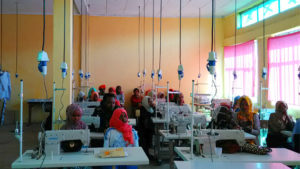
Mid-term evaluation of the project to contrast irregular migration in Ethiopia
-
Mid-term evaluation of the project for the conservation of Protected Areas in Albania
-

Social Impact Assessment of children’s protection programmes in Kyrgyzstan
-
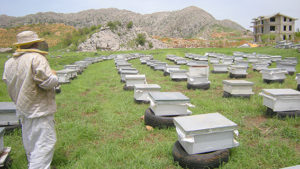
Monitoring&Evaluation of reintegration services for drug addicts and ex-addicts in Lebanon
-

SROI Analysis, Albergo Etico social performance
-
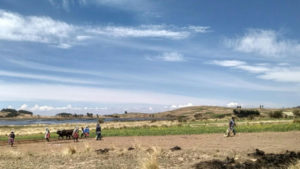
ECO.COM: strengthening local economic development in Bolivia
-

Improving the sustainability in the cherry supply chain in Bulgaria and Turkey
-
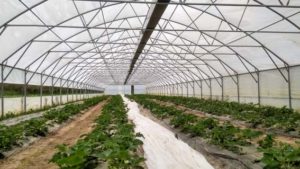
Evaluating sustainable agricultural supply chains in Bosnia Herzegovina and Albania
-
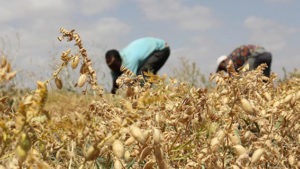
Impact evaluation of the creation of a durum wheat supply chain in Ethiopia
-
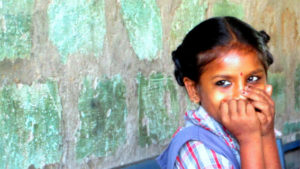
Impact evaluation of a Rehabilitation programme in India